The grieving process is a difficult one. And no two people enter or travel through it on the same path. In our house, I had lost my wife and partner; my 17-year-old lost his mother, champion, and mentor in the mischievous; my 14-year-old lost his mother, world, and Autism whisperer; and my 12-year-old lost his mother, baking mentor, and cheerleader.
All of us have wrestled with this question. Although the outcomes have been similar, the path through the guilt-ridden darkness was nowhere near the same.
What follows is an excerpt from my book Good Grief?!? It is the account of when my oldest first faced the harrowing guilt.
____________________________________________________
 “Micah, why’d you skip so much school already?” a boy in one of his classes asked him that day. They knew each other from the previous semester, but they weren’t really friends. (Micah had transferred from a private school to an Arts focused, option, public school in the middle of his junior year, and it had been rough.
“Micah, why’d you skip so much school already?” a boy in one of his classes asked him that day. They knew each other from the previous semester, but they weren’t really friends. (Micah had transferred from a private school to an Arts focused, option, public school in the middle of his junior year, and it had been rough.
“There was a family emergency,” he replied, not wanting to get into an emotional loop that might send him home.
“Yeah, right!” the kid snarked.
“Um…right,” Micah mumbled.
“You just didn’t want to come that’s all. Right? Be honest.”
“I am being honest. There was a family emergency.”
“Right!” came the sarcastic reply. “Who died?”
Micah left the room. He didn’t respond to the boy’s taunts. He was upset, and he didn’t think it was anybody’s business he was dealing with his mother’s death.
It had been ten days. Ten days full of numb, full of tears, full of silence. My boys had been acting “fine”, telling me a little bit about what was going on at school, but I knew there was something deeper, much deeper happening within them. I just didn’t know how I was going to get it out of them.
I began praying their faith would strengthen through this nightmare. That they would not walk away from the truths on which they had been raised. I began praying they would have opportunities to honestly deal with their feelings and their pain. Then it donned on me: God, what’s going on with the boys? What am I missing? The answer didn’t come in a whispered response like many had come in the past ten days. It came later that evening, almost twelve hours after I asked, at least for Micah.
After his brothers were in bed, Micah and I often talked. It had been a whirlwind type of day. For him, it was the end of his first “week” of school. After five days of school, he was exhausted. He hadn’t talked much to anyone about what had happened. His school guidance counselor knew. His teachers knew. His only friend at the school knew. That was all.
“What’s bothering you?” I asked Micah. We were both standing in the kitchen. It was after 10:00 p.m. His brothers had been in bed for over an hour, and we’d got up from watching some mind-numbing television show to get something to eat. I kept forgetting to eat. Micah had missed dinner, having returned to work.
His response to my question was just raised eyebrows and a cocked head. It was as if he was saying, ‘What do you think is wrong with me!’
“You’ve been acting a bit off tonight. More off than usual for these past few days. Did something happen?”
That’s when he told me about the boy in his class.
“Why didn’t you put him in his place?”
“I just couldn’t. I didn’t want to make a scene.”
“Why?” My tone was probably a little irritated from the boy’s comment.
“Because I don’t want everyone to look at me with pity and feel like they need to feel sorry for me.”
“But, he was being kind of a jerk,” I pressed.
“No, Dad, that’s how last year was. We would harass each other in class. It’s how it’s done at this school.”
“I can sic Lexy on him if you want me too.” I was only half kidding. Micah gave me a faint smile.
“No. If it comes up again, I’ll take care of it.”
We returned to the family room – Micah with a sandwich and I a bowl of cereal. We watched something else that was supposed to make us laugh, and then decided we should try to get some sleep. Walking to the kitchen with my dirty dishes, I felt unsettled.
“Is that all that’s bothering you?” There were immediate tears. I wish I had pressed harder earlier, I chastised myself.
“Um…I just…um…” and then there were more tears.
“Micah, it’s okay to cry. Tell me what’s going on.”
“I just keep thinking…um…well…” He looked me in the eye. I could tell he felt guilty for something.
“It’s okay, Micah. It’s okay to feel. It’s okay to be mad. It’s okay. But it’s not okay to hold onto things. You need to tell me or someone what’s going on.” I was trying to be as gentle as possible. I knew my boy was fragile. Who wouldn’t be?
“I just keep thinking, what if I had checked in on her in the middle of the night.” He paused. “I mean I did get up to use the bathroom. I could have checked on her. I could have called 911. I could have saved her life.” The gravity of that revelation hit me full on in the chest. My eyes watered.
“Micah,” I took him by both hands and stared him straight in the eyes, “when I talked with Mom’s specialist on the phone, he said, based on where your mom was and how she died, he’s pretty sure it was a blood clot. There’s no way to know for sure because there was no autopsy, but he’s pretty sure.” Micah started sobbing, heaving at the shoulders. He covered his face with both hands. I wrapped my arms around him.
“Then it’s not my fault?” he whispered.
“No, this isn’t your fault. There’s nothing that could have been done. If it were a blood clot and she was in the hospital, she would have still died. The monitors don’t usually scan for blood clots. It’s not your fault.”
Micah’s legs ceased working. He began to crumple. Being over three inches taller than me, and a few pounds more, I was struggling to keep us both from falling onto the floor. I didn’t let go. I flashed back fourteen years. Micah was three and he’d been injured pretty badly. I was holding him while he was sobbing. I picked him up and cradled him in my arms for a long time. Then I returned to the present. I couldn’t pick him up. He was a full grown, extra-large, man sized boy with a broken heart.
“I can’t hold us both up,” I whispered finally, wishing I didn’t have to.
It took a minute for Micah to regain his footing. But he didn’t stop crying. We stood in the kitchen for a long time, me still holding my “little boy” in my arms.
“There’s nothing any of us could have done,” I whispered again. We stayed up talking for another half-an-hour. I wanted to make sure Micah had let go of the guilt. I knew it was too much for him to handle. He wasn’t guilty.


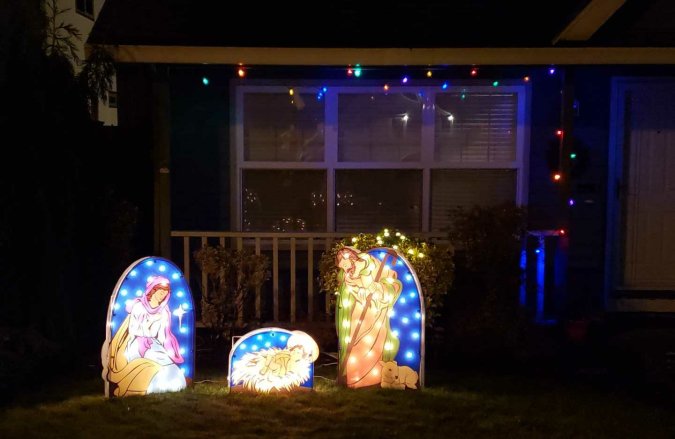
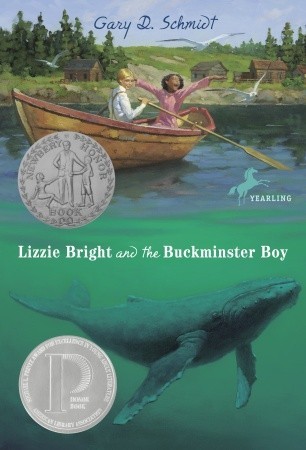 The immovable wall came in the form of a novel I was set to teach this year. I’ve taught it before with great success. It’s one of my favorite “YA” author’s books. Lizzie Bright and the Buckminster Boy, by Gary D. Schmidt, has won many awards, including the ever-coveted Newbery Honor. My 6th graders and I began reading it during the last week of October. The curriculum requires me to read the book aloud with the students and not to let them take the book home. Why? To teach them to be active readers. To teach them how to understand literary devices. To teach me a very difficult truth.
The immovable wall came in the form of a novel I was set to teach this year. I’ve taught it before with great success. It’s one of my favorite “YA” author’s books. Lizzie Bright and the Buckminster Boy, by Gary D. Schmidt, has won many awards, including the ever-coveted Newbery Honor. My 6th graders and I began reading it during the last week of October. The curriculum requires me to read the book aloud with the students and not to let them take the book home. Why? To teach them to be active readers. To teach them how to understand literary devices. To teach me a very difficult truth.
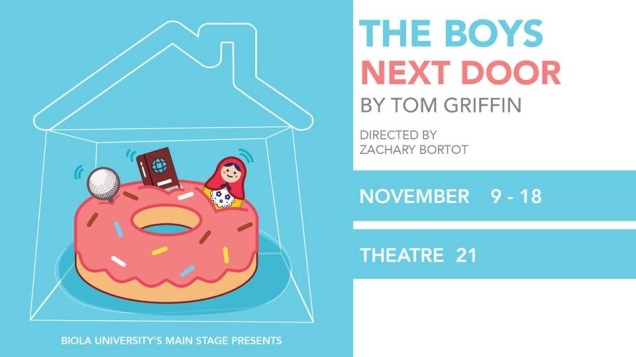
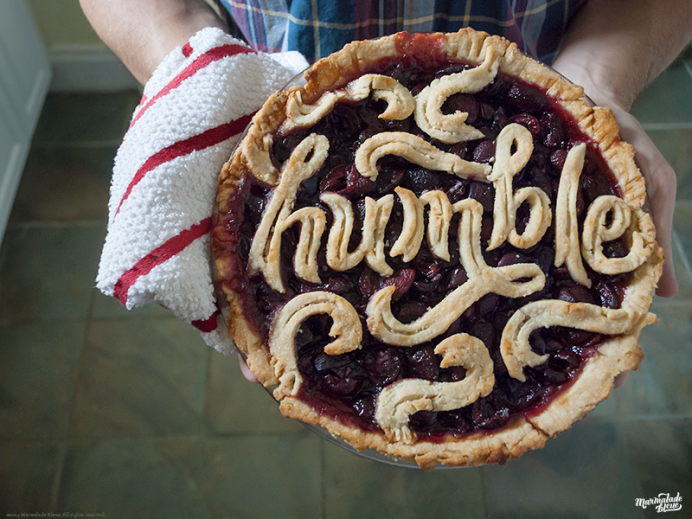

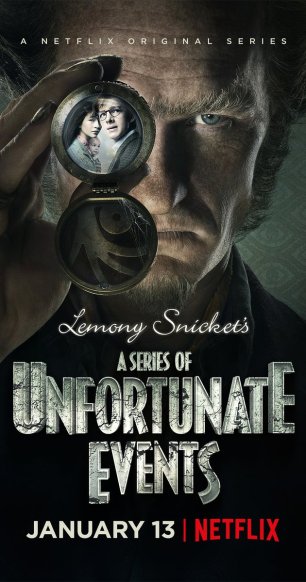

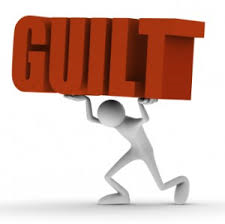
 “Micah, why’d you skip so much school already?” a boy in one of his classes asked him that day. They knew each other from the previous semester, but they weren’t really friends. (Micah had transferred from a private school to an Arts focused, option, public school in the middle of his junior year, and it had been rough.
“Micah, why’d you skip so much school already?” a boy in one of his classes asked him that day. They knew each other from the previous semester, but they weren’t really friends. (Micah had transferred from a private school to an Arts focused, option, public school in the middle of his junior year, and it had been rough.